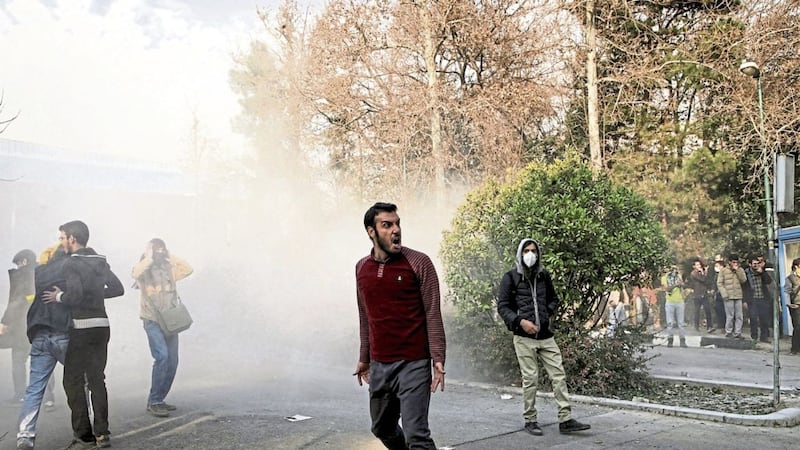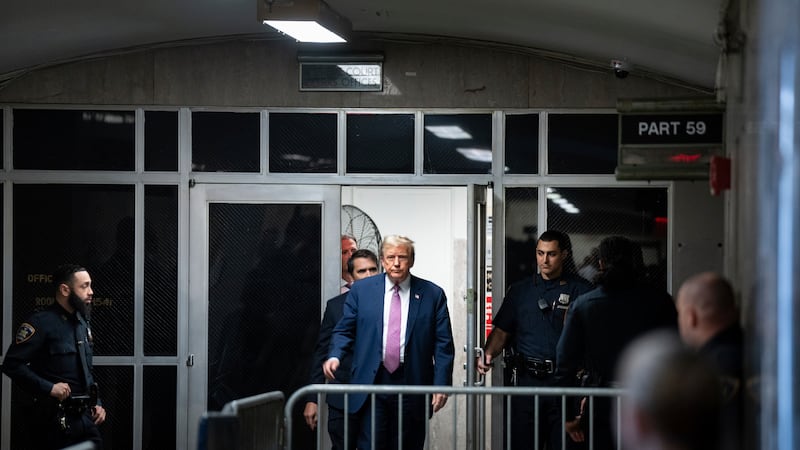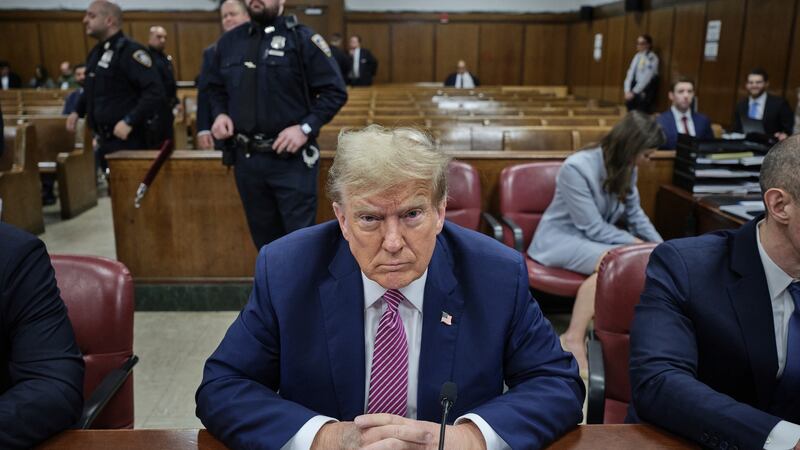TWO protesters have been killed at an anti-government rally in Iran, authorities said, the first deaths attributed to ongoing demonstrations as the government blocked access to messaging apps used by activists.
The demonstrations, which began on Thursday over the economic woes plaguing Iran, appear to be the largest to strike the Islamic Republic since the protests that followed the country's disputed 2009 presidential election.
They were fanned in part by messages sent on the Telegram messaging app, which authorities blocked on Sunday along with Instagram.
In Doroud, a city 200 miles south west of Tehran in Iran's western Lorestan province, protesters gathered for an unauthorised rally that lasted into the night on Saturday, said Habibollah Khojastepour, the security deputy of Lorestan's governor.
The two protesters were killed in clashes at the rally, he said.
"The gathering was to be ended peacefully, but due to the presence of the (agitators), unfortunately, this happened," Mr Khojastepour said.
He did not offer a cause of death for the two protesters, but said "no bullets were shot from police and security forces at the people".
Videos circulating on social media appeared to show fallen protesters in Doroud as gunshots sounded in the background.
Thousands have taken to the streets of cities across Iran, beginning on Thursday in Mashhad, the country's second-largest city and a holy site for Shiite pilgrims.
Protests in the Iranian capital, as well as President Donald Trump tweeting about them, raised the stakes. It also apparently forced state television to break its silence on Saturday, acknowledging it had not reported on the protests on orders from security officials.
At least 50 protesters have been arrested since Thursday, authorities said on Saturday. State TV said some protesters chanted the name of the US-backed shah who fled into exile just before Iran's 1979 Islamic Revolution and later died.
On Sunday, the semi-official ILNA news agency reported that authorities had arrested 80 protesters in the city of Arak, 170 miles south of Tehran.
Iran's economy has improved since its 2015 nuclear deal with world powers, which saw Tehran limit its enrichment of uranium in exchange for the end of some international sanctions. The country now sells its oil on the global market and has signed deals to purchase tens of billions of pounds of Western aircraft.
That improvement has not reached the average Iranian, however. Unemployment remains high, and official inflation has crept up to 10 per cent again. A recent increase in egg and poultry prices by as much as 40 per cent, which a government spokesman has blamed on a cull over avian flu fears, appears to have been the spark for the economic protests.
While the protests have sparked clashes, Iran's hard-line paramilitary Revolutionary Guard and its affiliates have not intervened as they have in other unauthorised demonstrations since the 2009 election.
Some analysts have suggested that may be because the economic protests initially just put pressure on the administration of President Hassan Rouhani, a relative moderate whose administration struck the nuclear deal.
Many in Iran are learning about the protests and sharing images of them through Telegram, a mobile phone messaging app popular among the country's 80 million people.
On Saturday, Telegram shut down one channel on the service over Iranian allegations it encouraged violence, something its moderator denied.
On Sunday, Telegram chief executive Pavel Durov wrote on Twitter that authorities had blocked access to the app.
"Iranian authorities are blocking access to Telegram for the majority of Iranians after our public refusal to shut down ... peacefully protesting channels," he wrote.
Iran's state TV news website, iribnews.ir, quoted an anonymous source saying that social media in Iran would be temporarily limited as a safety measure.
"With a decision by the Supreme National Security Council, activities of Telegram and Instagram are temporarily limited," the report said.



